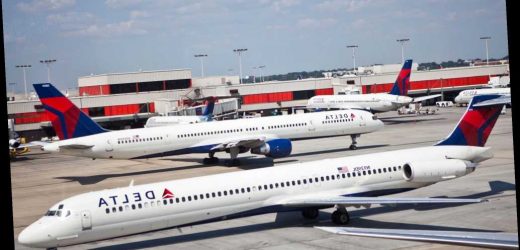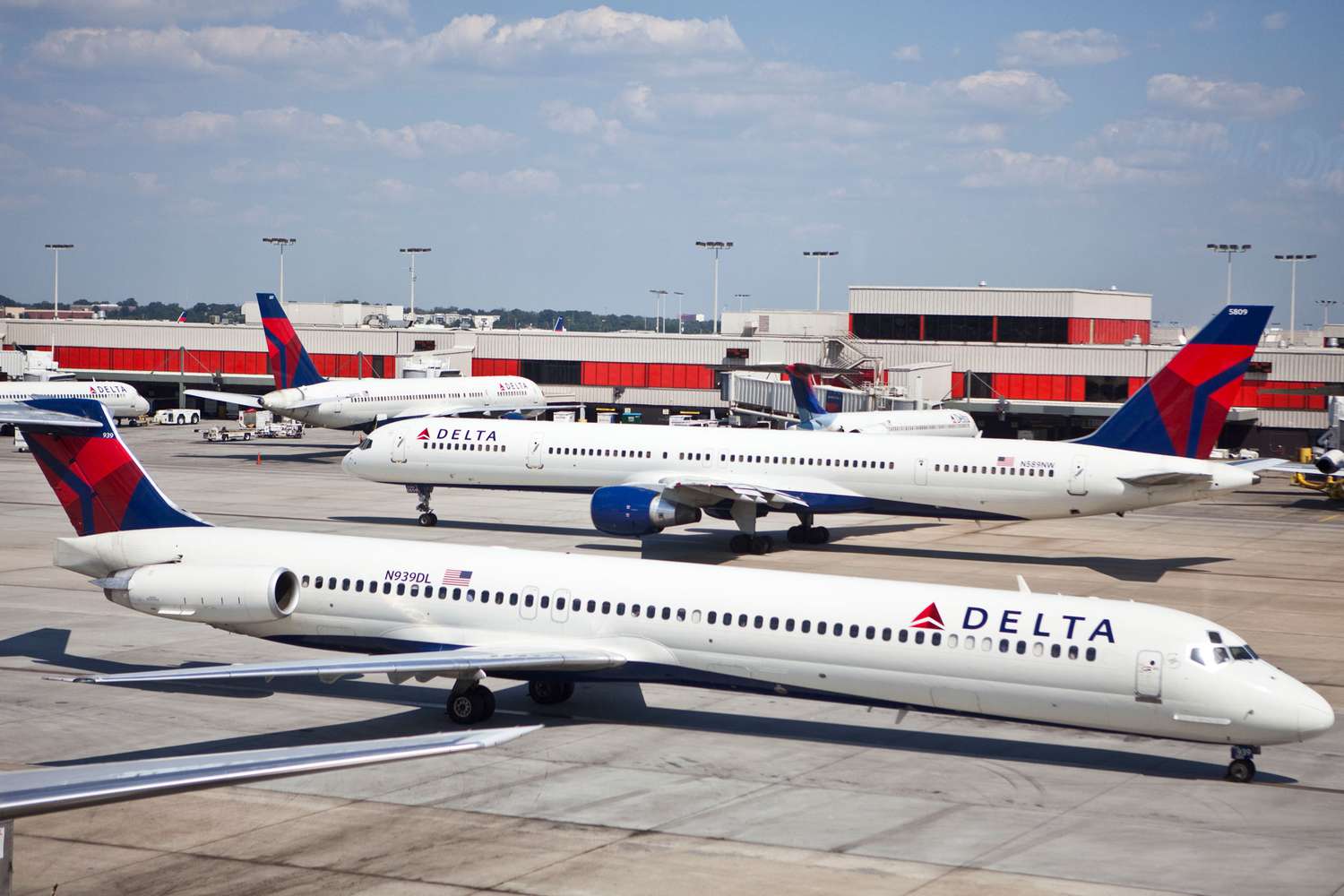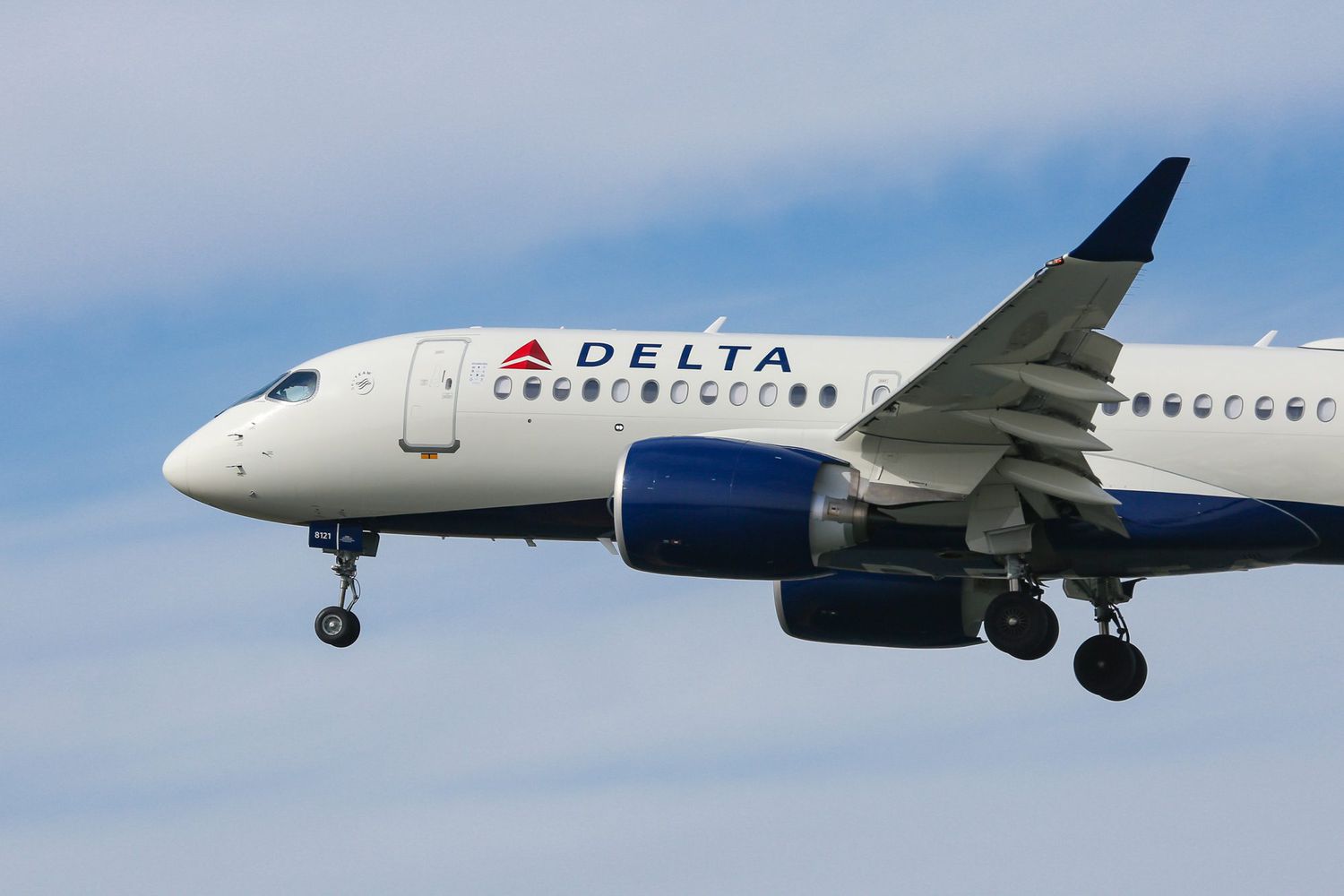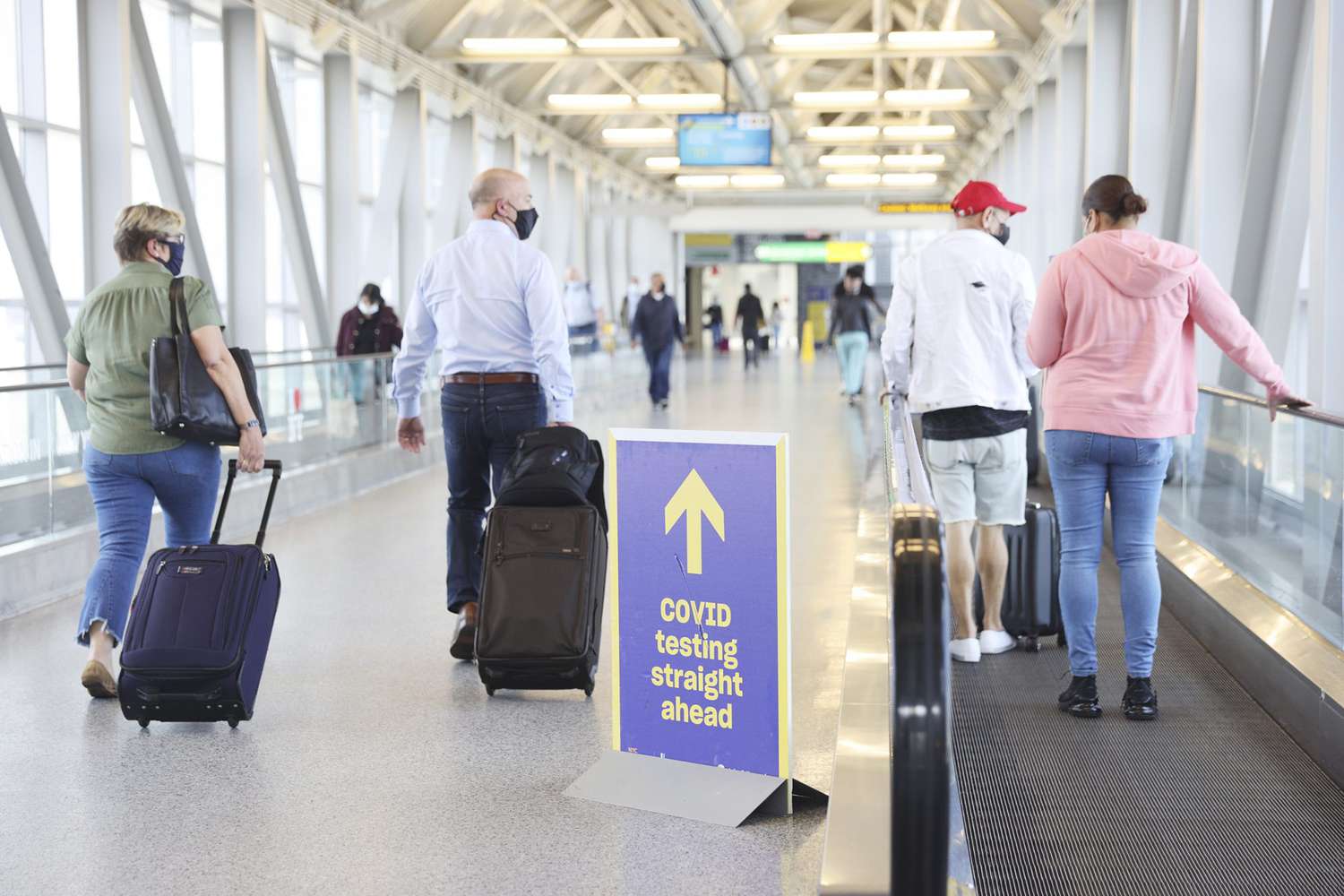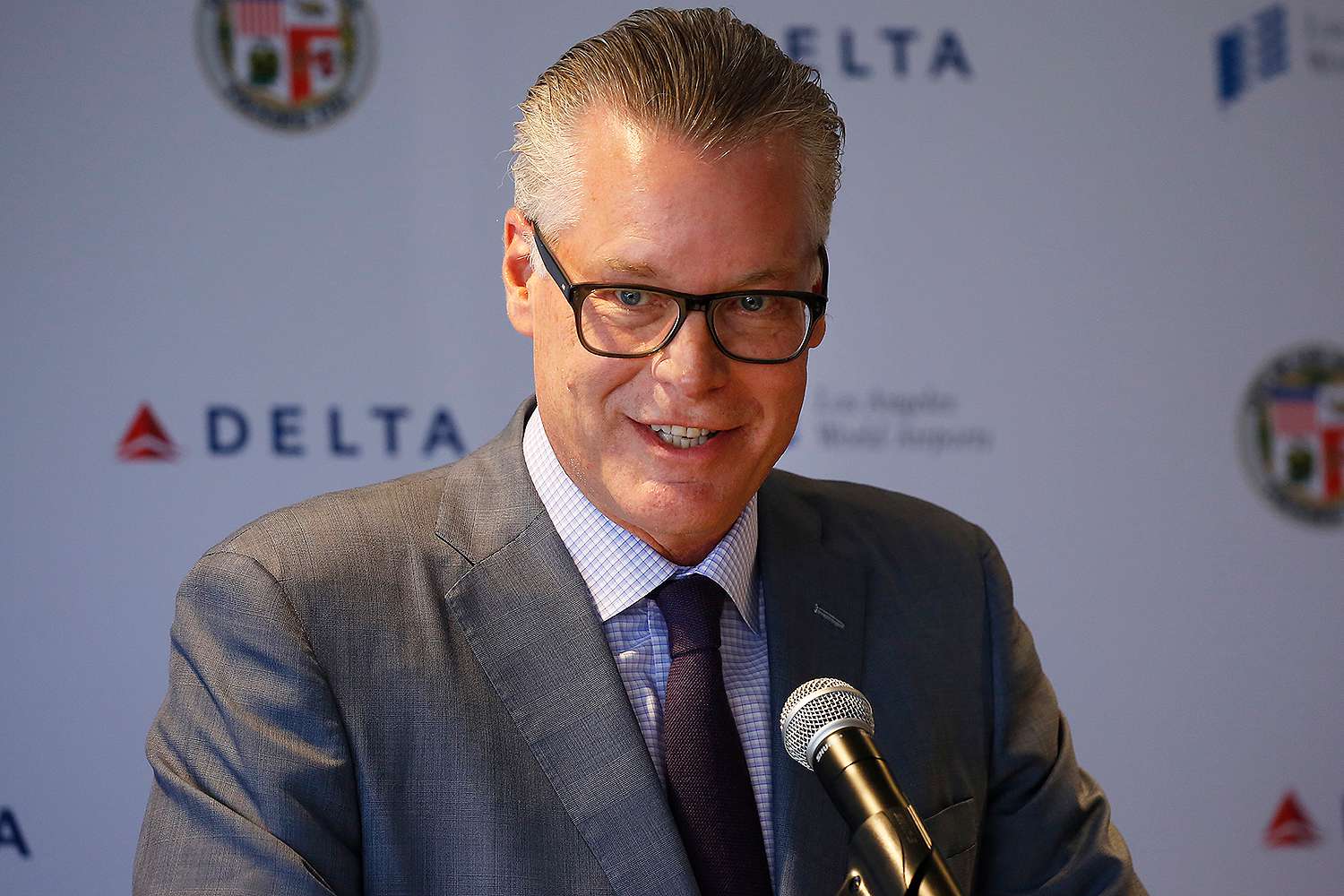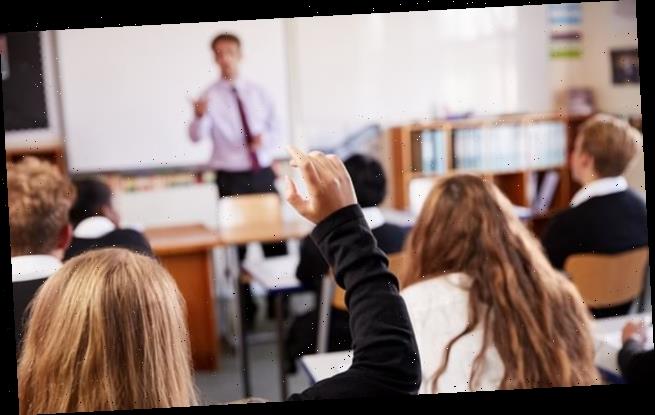Air travel is slowly returning to normal after it nearly ground to a halt last year amid the COVID-19 pandemic— but getting back on track has been a bumpy ride for some.
Delta Airlines had to cancel nearly 100 flights on Sunday and Monday, due to staffing shortages. The airline carried more than a million passengers in the past few days, the highest number since before the pandemic began.
"Delta teams Sunday worked through various factors, including staffing, large numbers of employee vaccinations and pilots returning to active status," Delta reps said in a statement to PEOPLE. "We apologize to our customers for the inconvenience and the majority have been rebooked for the same travel day."
Flights at Atlanta's Hartsfield-Jackson International Airport, Detroit Metropolitan Airport and Minneapolis-St. Paul Airport were impacted by the shortages.
In response to the canceled flights, Delta temporarily opened middle seats to help accommodate their displaced passengers. The move came about a month ahead of schedule.
The middle seats were only opened on Sunday and Monday, in attempt to help customers get to their destination on the same day. Delta implemented the seat-blocking policy last April to help social distancing, and it remains in place until May 1.
It was a divisive decision in the industry, as its competitors, American Airlines and United Airlines, only implemented similar policies briefly.
Delta CEO Ed Bastian released a statement Wednesday, outlining some upcoming changes, as they "meet our customers' needs, increase their confidence in travel and maintain the trust and loyalty that we've built throughout the pandemic."
He noted that 64% of last year's Delta passengers are expected to have at least one dose of the COVID vaccine by May 1, prompting their decision to end seat limits. Meanwhile, 31% of their employees have been vaccinated.
The news comes as the CDC released new travel guidelines last week, announcing that people who have been fully vaccinated can travel safely within the United States. In addition, there's no need to get tested or self-quarantine before or after their travel, unless the destination requires it. Travelers are still asked to follow safety precautions like wearing a mask, social distancing and washing hands often.
Bastian also announced a newly designed snack and beverage service for all flights, as well as most of the Delta Sky Clubs reopening by July. But amid these changes, they're "maintaining our science-based approach to cleanliness."
Many airlines temporarily did away with the service to limit crew and customer interactions and the need to remove face masks on flights.
He clarified, "Don't confuse these actions with a return to 'normal.' We're still operating in a pandemic, and many of the changes we've made over the past year, such as strengthening our cleanliness protocols and eliminating change fees, will be permanent."
"Importantly, masks remain critical to our ability to safely welcome more people onboard our planes, and we remain committed to enforcing these requirements," Bastian added. "We continue to be guided by our goals and principles for the year."
Airlines are preparing for a rise in business during the summer vacation season, after last year's catastrophic summer for the industry, which led to a $12.4 billion loss for Delta in 2020.
Source: Read Full Article
